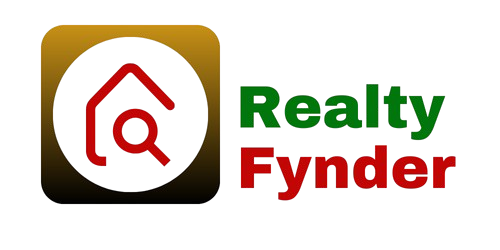Buying a dream home is a major financial decision, and choosing the right home loan can have a huge impact on your monthly payments and overall cost. One of the most important choices you’ll face is whether to opt for a fixed interest rate or a floating interest rate. But which one is better? Let’s break it down.
What is a Fixed Interest Rate?
A fixed interest rate remains constant throughout the loan tenure (or for a predefined period). Your Equated Monthly Installments (EMIs) stay the same, offering stability and predictability.
Pros of Fixed Interest Rates:
- Predictable Payments – Since the interest rate is fixed, your EMI won’t change, making financial planning easier.
- Protection from Rate Hikes – Even if market rates rise, your interest rate remains unaffected.
- Best for Long-Term Planning – Ideal if you prefer financial security and don’t want fluctuations in payments.
Cons of Fixed Interest Rates:
- Higher Interest Rates – Fixed rates are usually higher than floating rates at the time of loan approval.
- No Benefit from Rate Drops – Even if market rates fall, you will continue paying the same higher rate.
- Higher Prepayment Charges – Many banks impose penalties for prepayment or foreclosure of fixed-rate loans.
What is a Floating Interest Rate?
A floating interest rate fluctuates based on the Reserve Bank of India (RBI) policies and market conditions. Your EMI may change over time, depending on how interest rates move.
Pros of Floating Interest Rates:
- Lower Initial Rates – Typically, floating rates are lower than fixed rates at the time of loan approval.
- Saves Money When Rates Drop – If the RBI reduces repo rates, your interest rate decreases, lowering your EMI.
- Lower Prepayment Penalties – Most banks allow partial prepayment or foreclosure of floating-rate loans without hefty charges.
Cons of Floating Interest Rates:
- Uncertainty in EMI Amount – Your EMI can increase if interest rates rise, making budgeting challenging.
- Market-Dependent – External factors like inflation, economic policies, and banking regulations can impact your interest rate.
Fixed vs. Floating Interest Rate: A Quick Comparison
| Feature | Fixed Interest Rate | Floating Interest Rate |
|---|---|---|
| Stability | High (No changes) | Low (Fluctuates with market) |
| Initial Interest Rate | Higher | Lower |
| EMI Changes | No | Yes (Depends on market) |
| Best For | Those who prefer predictability | Those willing to take some risk for potential savings |
| Prepayment Charges | Higher | Lower or Nil |
Which One Should You Choose?
The right choice depends on your financial goals and risk appetite:
- Choose a Fixed Interest Rate if: You want stability and predictability in your EMI payments, or if you expect interest rates to rise in the future.
- Choose a Floating Interest Rate if: You’re comfortable with market fluctuations and want to take advantage of potential rate reductions.
Conclusion
If you prioritize financial stability, a fixed interest rate is better. However, if you can handle some risk and want to save money when interest rates drop, go for a floating interest rate. Some banks even offer a hybrid option, where the interest rate remains fixed for an initial period and then switches to floating.
Before making a decision, always compare home loan offers from multiple lenders to get the best deal. If you’re still unsure, consult a financial expert to understand what works best for you.
Looking for the Best Home Loan Deals?
LoanFynder, can help you compare and choose the best home loan options from top banks and NBFCs. Contact us today to find the perfect financing solution for your dream home!


